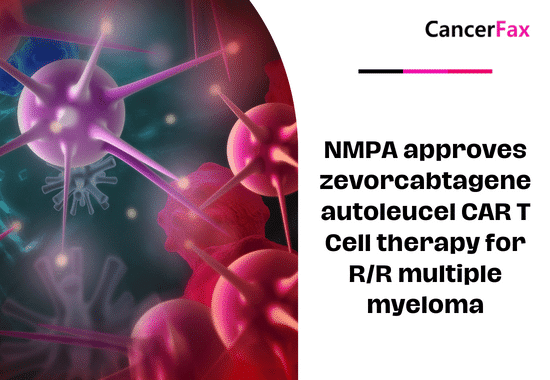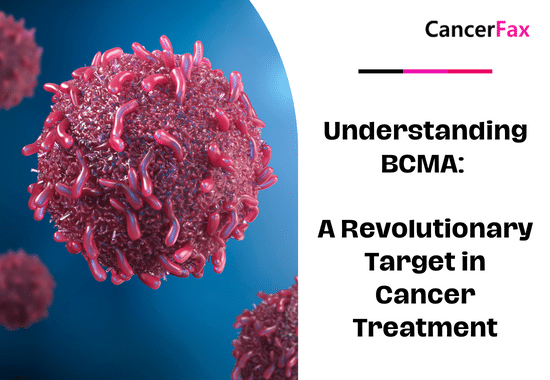Many processed foods are now filled with highly refined soluble fiber, such as inulin, which is a popular probiotic, recently approved by the US Food and Drug Administration. But a new study from the School of Medicine and Life Sciences at the University of Toledo raises a serious question as to whether the risks of processing refined fibers into processed foods will greatly exceed the benefits.
Dr. Matam Vijay-Kumar, director of the UT Microbiology Organization Alliance and associate professor of the Department of UT Physiology and Pharmacology, and his team recently investigated whether a diet rich in refined inulin can help combat obesity-related complications in mice. Although a diet containing inulin did avoid obesity in 40% of mice, many mice developed liver cancer at the end of the 6-month study. Vijay-Kumar said, “At the same time, we accepted the challenge of exploring how processing dietary soluble fiber can induce liver cancer.”
Although this study was conducted on mice, it has potential implications for human health. Researchers say that processed foods containing refined fermentable fibers should be handled very carefully. Fiber in whole foods such as fruits and vegetables is healthy, and it sounds logical to strengthen or add purified fiber to processed foods. However, our results indicate that it may be dangerous. The results of this study were published in Cell on October 18.
There are two basic types of natural dietary fiber, soluble and insoluble. Although both types are beneficial, the questions raised in the study involve how the intestinal bacteria break down the highly refined fiber added to the processed food as a dietary supplement. Dr. Vishal Singh, a researcher at the Crohn’s Disease and Colitis Foundation at the University of Toledo and the first author of the paper, said that refined fiber is a new member of our diet and we are in the early stages of understanding the risks and benefits. The soluble fiber added to the processed food is not part of the natural diet. During the extraction and processing of fiber, it undergoes a chemical process. In this study, mice with liver cancer changed and increased intestinal bacteria, a disease called dysbiosis. The researchers did not observe evidence of liver cancer in mice fed inulin, which were treated with broad-spectrum antibiotics to consume gut bacteria.
UT researchers collaborated with researchers at Georgia State University, and they conducted similar studies in sterile mice completely free of intestinal bacteria. The absence of liver cancer in these mice further confirmed that intestinal bacteria degraded and digested soluble fibers through fermentation. To suppress this fermentation process, UT researchers fed mouse beta acid from Humulus lupulus, a plant commonly used to produce hops that enter beer to prevent spoilage and fermentation. Feeding beta-acids to inulin-fed mice can avoid liver cancer. This finding again confirmed the link between bacterial fermentation of soluble fibers and the development of liver cancer in these mice.
The researchers said that their findings indicate that more research is needed on human consumption of refined fiber types in processed foods. Soluble fiber-reinforced processed foods may be unsafe or undesirable for some individuals with excessive gut bacteria growth or dysbiosis. Abnormal fermentation of this fiber may increase liver cancer. “

